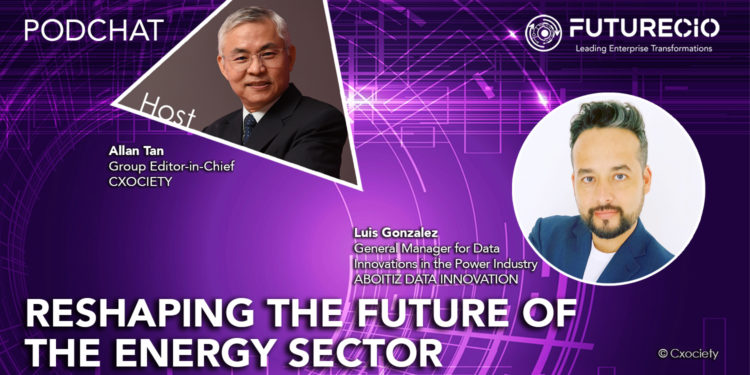The value of the renewable energy market is set to grow from $880 billion to nearly $2 trillion by 2030.
Artificial intelligence (AI) is having a transformative effect across energy and utilities. It is used to forecast demand and manage the distribution of resources, to ensure that power is available at the time and place it's needed with a minimum of waste.
This is particularly important in the renewable energy industry, where it often can’t be stored for long periods of time and must be used close to the time and location where it is generated.
The World Economic Forum predicts that AI will play an essential role in the world’s transition to clean energy. These gains in efficiency will be created by more accurate forecasting of supply and demand.
Additionally, as we transition to a decentralized model of power generation and distribution, AI will play an important role in coordinating the integration of these networks. The strategy here is to create an “intelligent coordination layer” that sits between the power infrastructure and homes and businesses where power is consumed.
Luis Gonzalez, general manager for Data Innovations in the Power Industry at Aboitiz Data Innovation says a lot of data is generated within the utility and energy sector but decisions were often not made based on the data collected.
“The state of maturity is really measured more by the cultural ability to adopt data-centric decisions, which is not necessarily something that is intuitive,” he opined.
“Generations of operations relied on processes to make decisions, but while transitioning to things like renewable power, where we try to allow for competition in energy markets, or eventually when we try to make our plants more resilient and less prone to failure, that’s no longer the best way to do things.”
Luis Gonzalez
Hence, he opined that the sector is under a lot of pressure to improve itself, with digitalisation accelerating the imperative.

Emerging technologies to the rescue?
Gonzalez also believed that as energy operators look to improve their capital allocation and increase their revenues, perhaps even move into a services model, rather than just an electron based payments, machine learning is very sought after.
Maturing technologies like cloud, big data, and artificial intelligence may well be positioned to support the energy’s modernisation.
According to Accenture energy companies’ structural and technological limitations have created barriers to connectivity, scalability and effective data management—three things that are essential to achieving the industry’s imperatives and its reinvention.
The cloud helps to dismantle these barriers by providing seamless and instant connectivity and computing power that is scalable and comes at a lower cost. It also transforms an organization’s ability to use data in fundamentally new ways.
The other area that Gonzalez there is much to be gained by energy companies is around what is called inferential statistics.
“Can we predict what the markets are doing? Can we prescribe a better way for energy to be conserved, and then move more towards those services?” The application of machine learning has been the most sought after in the last two years. COVID really did help in accelerating that curve,” he continued.
Taming a wasteful industry
Gonzalez commented that traditionally power generation was both inefficient and capital intensive. He acknowledged that as much as 60% of generated energy is lost in the distribution and transmission paradigm.
“The understanding on when best to have available power is one of the biggest and most important questions that need to be answered when you put renewables in,” he added.
He acknowledges that increasing productivity in economies will demand high power intensity capabilities, and not all of that will come from renewable energy sources.
“The real future is going to be to facilitate a hybrid model that switches fast from centralised to renewables,” he opined. He believed that needs to adopt what he called operational flexibility.
“The ability to move from one mode to another mode and to disconnect things like oil and diesel plants from the grid, so that batteries can be used in combination with generation capability,” he concluded.
Click on the PodChat player and listen to Gonzalez talk about how AI and other emerging technologies will reshape the future of the energy sector.
- Compared to other industries/markets – like retail, and financial services – how would you describe the state of modernization or digital transformation of the utility/energy (UE) sector?
- What are the main drivers calling for the modernization of the UE sector?
- Among the many technologies – cloud, big data, mobility, IoT, machine learning/AI, etc – which are drawing the most interest from leaders in the UE sector and why?
- How do you see UE adopting these technologies to transform the business?
- How do you see UE adopting these technologies to meet ESG aspirations?
- What can UE leaders learn from other industries or companies?
- Deregulation and open market competition will eventually come to the energy sector? Can you share your views on how UE leaders can navigate this complex landscape, including under evolving regulation?
- Where does Aboitiz Data Innovation fit in this transition to this data-driven energy sector?




